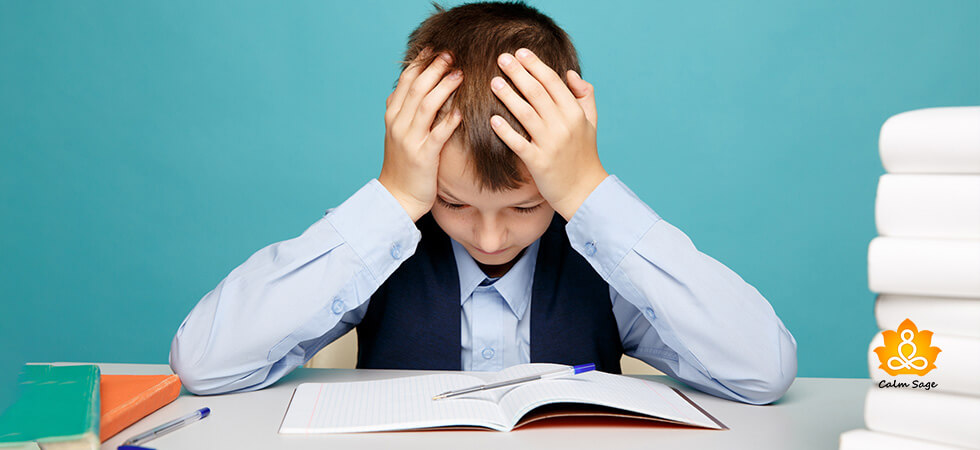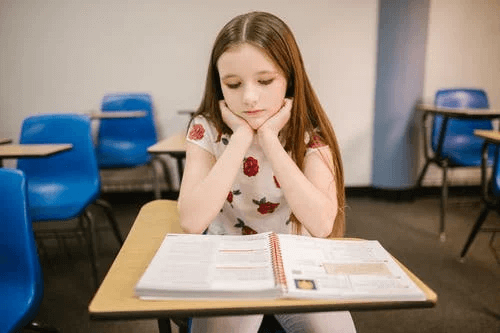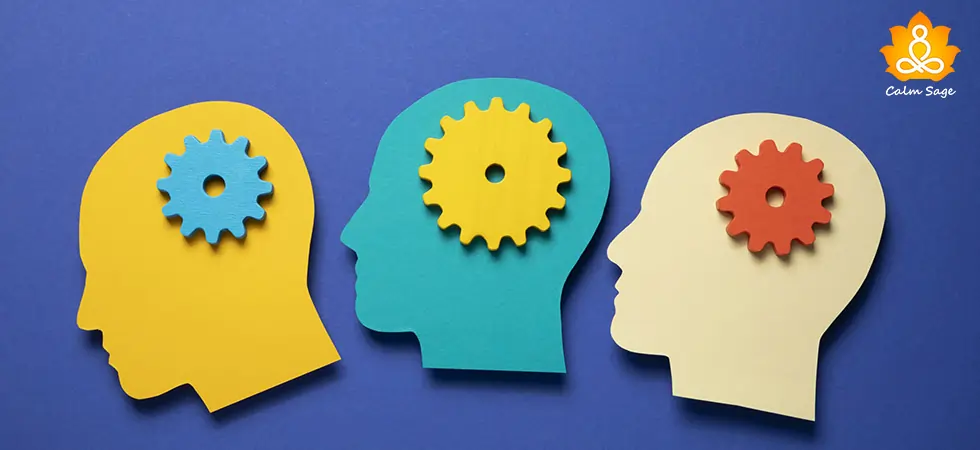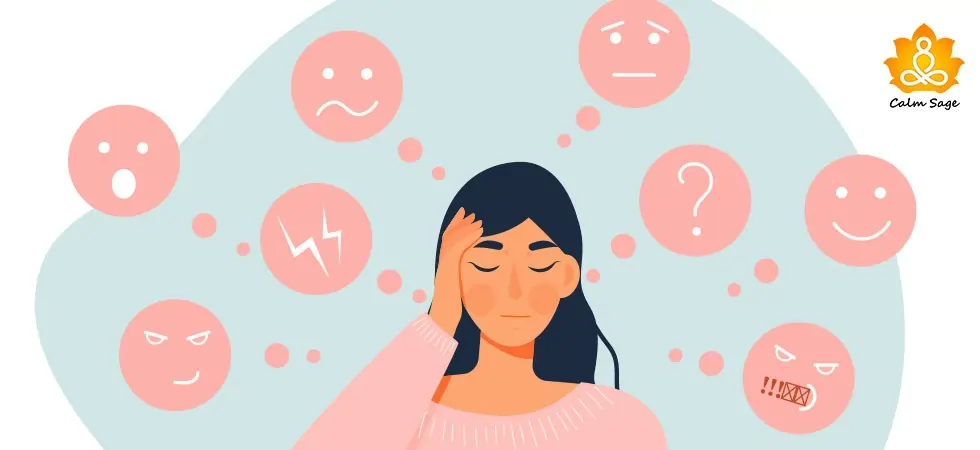What Is Learning Disability? How Does It Affect Your Child’s Mental Health?

Learning disability has become a part of many children’s lives. Sometimes children and their parents don’t even realise that the child is suffering from a learning disability. Does learning disability also impact their mental health?
This question has always crossed my mind. Struggling with a learning disability is actually very exhausting and it can take a toll one you. The confusion your child goes through about why they are not able to do simple things will leave your children frustrated and haywired.
I have noticed that learning disabilities affect a child’s behavior and how. There is so much disturbance and struggle in their aura that I can’t stop but think about how they must be dealing with those strong emotions and feelings…
Before we get into that, let’s understand what learning disabilities are…
What Are Learning Disabilities?

Learning disability is a disorder associated with the inability to comprehend and communicate through language. It affects the thinking, reading, writing and speaking abilities. Simply put, a child will have trouble solving math problems (extreme trouble), writing answers in exams, unclear speech, spelling errors, etc.
Learning disabilities are usually diagnosed in children or in teenagers. A learning disability doesn’t mean that your child isn’t intelligent enough or is just lazy. Dyslexia is one example of a learning disability and it has been fairly portrayed in an Indian film called ‘Taare zameen par’.
Did you know almost 30% of children in America suffer from learning disabilities?
Different Types of learning disabilities
Other than dyslexia there are four other types of learning disabilities. Read them carefully so that you can understand what kind of learning disability your child may be suffering from.
1. Dyslexia
- Language based learning disability
- Spelling error
- Difficulty in comprehending language
- Can’t read properly
- Crooked writing
- Can’t understand and learn the phonetic transcription of words
2. Dyscalculia
- Difficulty in solving math problems
- Can’t count properly
- Remembering numbers is a total task
- Math equations and symbols are like greek to them (if you know greek and latin to you)
3. Dysgraphia
- Difficulty in writing
- Word placement is irregular
- Hand writing is hard to read
- Can’t think and write at the same time
4. Non-verbal disability
- Difficulty in interpreting non-verbal language
- Can’t understand facial expressions
- Reading body language is almost impossible
- Week social skill and visual-spatial understanding
5. Specific reading comprehension deficit
- Difficulty in understanding the meaning of words
- Can’t understand the semantics of words
- Word syntactic understanding is also missing (how the order of words and change the meaning of a sentence)
These are the key points you need to look at in your child. If they display any of the above mentioned then it is possible that they might have a learning difficulty disorder. Can these disorders affect your child’s mental health? Let’s find out….
How Do Learning Disabilities Affect Child Development and Behavior?
Learning disabilities can completely change your child. Their experience will never be the same as of the other children in class. They are constantly struggling silently which can show in their behavior.
Example of behavioral change in children with learning disabilities:
- An inability in solving a math problem after repeated attempts will frustrate the child and the child might begin to throw tantrums while studying.
- The inability to speak properly becomes a joke to peers and out of embarrassment your child might indulge in physical violence in school.
- The inability to learn new words will not fetch your child good grades. To escape punishment they begin lying to you about their marksheet.
- The inability to understand body language might make your child incline towards being insensitive and rude
There are many more examples of behavioral and developmental changes children go through while suffering from learning disability. The above examples were for you to get a better understanding of how the child may behave.
It’s our responsibility to dig deep and reach the root cause of their behavior and where they are coming from. Only then can we work on solving their issue with learning disability.
Also read: Parent’s Guide To Tame Temper Tantrums of Kids | Your Doable Action Plan
Mental Health Effect Of Learning Disability In Children
Even though learning disability is not a mental health problem, both of them are heavily linked.each of them can be a cause and effect of the other. Your child can develop mental health issues because of their learning disorder and vice-versa.
There are various things that our children with learning disabilities face daily…
- Embarrassment in public
- Peer laugh at and mock them
- Failure becomes their identity
- They are worthless because their academic performance is poor
- Deal with insensitive teachers, friends and family members on a regular basis, etc
All these things make children with learning disabilities vulnerable and increase their chances of developing depression, anxiety and other mental health related issues.
There are multiple signs of mental health concerns in children with learning disability that parents should look for like:
- Constant worry
- Intense fear regarding school, studies or socialising
- Frustration, irritability
- Anger issues (tantrums become an everyday story)
- Extreme sadness/hopelessness/worthlessness
- Discontinue spending time with friends and family
- Self-harming thoughts
- Feel caged
- Low self esteem
- Have trust issues , etc
All these are cues for you to pick up and understand that your children are not lazy or adamant. They might be suffering from some type of learning disability accompanied by a mental health issue.
Also read: A Parent’s Guide On How To Build Self-Esteem In Your Child | Self-Esteem Activities For Children
I hope this article helps you understand your child’s angry obnoxious behavior. Learning disabilities can affect your child’s mental health. I would advise you to keep a check on the behavior, feelings and actions of your child.
Do comment and let us know if we can be of any help to you if your child is suffering from a mental health disorder.
Thanks for reading.
Take care and stay safe.




















